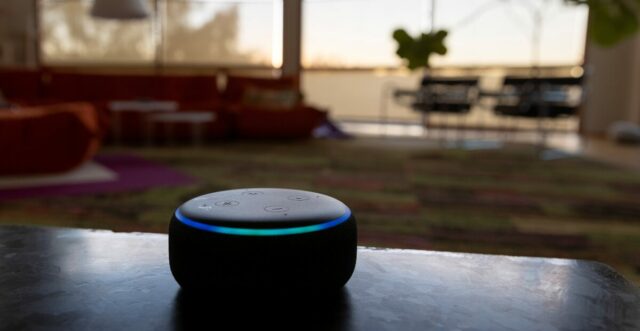Amazon’s revamped Alexa due for release in October ahead of the U.S. holiday
season will be powered primarily by Anthropic’s Claude artificial intelligence models, rather than its own AI, five people familiar with the matter told Reuters.
Amazon plans to charge $5 to $10 a month for its new “Remarkable” version of Alexa as it will use powerful generative AI to answer complex queries, while still offering the “Classic”
voice assistant for free, Reuters reported in June.
But initial versions of the new Alexa using in-house software simply struggled for words, sometimes taking six or seven seconds to acknowledge a prompt and reply, one of the people said.
That’s why Amazon turned to Claude, an AI chatbot developed by startup Anthropic, as it performed better than the online retail giant’s own AI models, the people said.
Reuters based this story upon interviews with five people with direct knowledge of the Alexa strategy. All declined to be named as they are not authorized to discuss non-public matters.
Alexa, accessed mainly through Amazon televisions and Echo devices, can set timers, play music, act as a central hub for smart home controls and answer one-off questions.
But Amazon’s attempts to convince users to shop through Alexa to generate more revenue have been mostly unsuccessful and the division remains unprofitable.
As a result, senior management has stressed that 2024 is a critical year for Alexa to finally demonstrate it can generate meaningful sales – and the revamped paid version is seen as a way both to do that and keep pace with rivals.
“Amazon uses many different technologies to power Alexa,” a company spokeswoman said in a statement in response to detailed Reuters questions for this story.
“When it comes to machine learning models, we start with those built by Amazon, but we have used, and will continue to use, a variety of different models – including (Amazon AI model) Titan and future Amazon models, as well as those from partners – to build the best experience for customers,” the spokeswoman said.
Anthropic, in which Amazon owns a minority stake, declined to comment for this story.
With Reuters inputs
Thirty eight years in journalism, widely travelled, history buff with a preference for Old Monk Rum. Current interest/focus spans China, Technology and Trade. Recent reads: Steven Colls Directorate S and Alexander Frater's Chasing the Monsoon. Netflix/Prime video junkie. Loves animal videos on Facebook. Reluctant tweeter.





